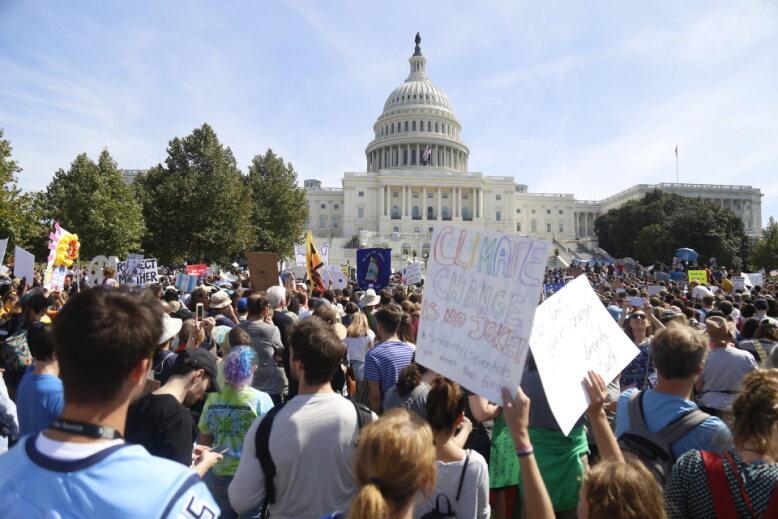
A Call to Civic Discipleship: Learn More
What is Civic Discipleship?
Civic discipleship represents a faithful approach to Christian engagement in politics and our civic life. It is grounded in an understanding across all traditions and denominations that following Christ has profound social, political, and economic implications. Civic discipleship recognizes that in the United States, engaging in our democracy — imperfect as it may be — is a critical way that we fulfill God’s call to justice, righteousness, and steadfast love.
In June 2023, Sojourners convened a diverse cross-section of Christian leaders to address the growing polarization and anti-democratic forces in the nation’s politics, which has also been seeping into the church. Building on those discussions, the leaders drafted the following statement, A Call to Civic Discipleship. The statement provides a framework for how the church can think and respond to issues of extreme polarization in our politics and culture. They also shared their best resources for clergy and Christians to build bridges across our many divides. These resources provide helpful language and tools to facilitate courageous conversations about a healthier relationship between religion and politics.
A Call to Civic Discipleship
Introduction
As Christian leaders representing a diverse cross-section of the church in the U.S., we are firmly united in our belief that Jesus Christ is Lord and that this shared belief should supersede our partisan leanings and political views. We share a commitment to redeem the witness of the church, replacing a lordship of political party or ideology with the sovereignty of Christ. We believe that voting and civic engagement are important parts of discipleship and serve as acts of stewardship, rooted in our shared commitment to honoring the image of God in each human being.
Our prayers and discernment in recent months have brought us together in shared concern about deepening polarization within U.S. politics and culture, including the likelihood of a chaotic and volatile 2024 presidential election. This polarization, exacerbated by disinformation and by racial and cultural divisions, has become increasingly toxic and self-perpetuating, fueling deeper distrust, fear, hatred, and even violence. U.S. politics is characterized by an often “us-versus-them” mentality rather than a commitment to seeking common ground and shared problem solving.
Polarization and hyperpartisanship are also negatively impacting the church; an increasing number of pastors are considering leaving ministry out of exhaustion. Rather than being places where people with divergent political beliefs can build relationships, trust, and unity, many churches are becoming even more segregated along ideological and cultural lines. At the same time, we are witnessing troubling anti-democratic trends — to which some churches have contributed — including the normalization of political violence, the marginalization of vulnerable communities, and a subversion of democratic norms and institutions, including free and fair elections. Christian nationalism, a dangerous distortion of Christianity and patriotism, poses a particular threat to the witness of the church and the future of the United States becoming a more inclusive and just multiracial democracy.
As a result of these and other worrisome trends, many churches have embraced one of two extremes: either seeking to become an apolitical space in which politics are never discussed or becoming a hyperpartisan space in which political identity becomes a proxy for Christian faithfulness. We believe that between these two poles is a healthier — but still robust — form of Christian civic engagement that we call civic discipleship.
Civic discipleship represents a more faithful approach to Christian engagement in politics. It is grounded in an understanding across all traditions and denominations that following Christ has profound social, political, and economic implications. Civic discipleship recognizes that in the United States, engaging in our democracy — imperfect as it may be — is a critical way that we fulfill God’s call to justice, righteousness, and steadfast love. In particular, we believe that voting, protecting the right to vote, and rejecting political violence in all forms are essential ways we hold leaders accountable to advance our core values. For Christians, these core values are always rooted in the biblical mandate to protect those who are most vulnerable and promote the common good.
Why should Christians be engaged in politics and civic life?
Throughout history, Christians have been seduced by the pursuit of power and have often allowed our faith to be coopted. While Jesus also lived in a time of extreme polarization; through his public ministry, Jesus regularly rejected the hypocrisy of religious leaders and reframed faithfulness as a commitment to steadfast love to both our neighbors and our enemies.
The decision not to engage in politics abdicates a critical way in which we advance the common good. We should seek neither to be apolitical nor hyperpartisan in how we engage in politics and civic life. If Jesus is Lord over every aspect of our lives, that must also include our political and economic life as well as every other area. Through our civic discipleship we embrace and advance Jesus’ call in Luke 4:18-19: “The Spirit of the Lord is upon me, because he has anointed me to proclaim good news to the poor. He has sent me to proclaim freedom for the prisoners and recovery of sight for the blind, to set the oppressed free, to proclaim the year of the Lord’s favor” (NIV). As disciples of Jesus Christ, we should be working to bring our present reality closer to God’s heart for righteousness, justice, and steadfast love.
Equally important as the “why” is the “how” of Christian engagement in politics and civic life. We believe that the following commitments provide a framework to inspire robust and healthier Christian citizenship for individuals, organizations, and congregations:
Exhibit the “fruit of the Spirit.”
In Galatians 5:22-23, the Apostle Paul lists the fruit of the Spirit as “love, joy, peace, forbearance, kindness, goodness, faithfulness, gentleness, and self-control.” Politics and civic life are far too seldom characterized by these virtues. Christians should make a conscious effort to exhibit and emphasize these virtues in how we engage in public life, thereby serving as “salt and light” in our politics. We must approach politics and our civic life from a posture of humility and charity.
Resist “us-versus-them” thinking.
We should resist thinking of politics and civic life as “us-versus-them,” zero-sum games. Both mentalities super-charge polarization and so often dehumanize those with whom we disagree. They betray our common humanity as well as core biblical teachings.
Confront violence with nonviolence.
Faith has been at the center of nearly every movement to advance freedom, equality, and democracy in the U.S., notably the abolition and Civil Rights movements. Christian leaders and institutions are called to confront violence with active nonviolence. They are called on to use their moral influence to persuade, build bridges, and actively challenge injustice and oppression with nonviolent means, including, if necessary, through disciplined protest and acts of noncooperation. At a time when the Christian faith is being used by some to defend a politics of exclusion and an ideology of racial hierarchy, civic discipleship demands collectively saying “no” to prejudicial, racist, and anti-democratic behavior and “yes” to building an inclusive democracy reflective of the Beloved Community.
Seek truth.
As Christians, the ability to discern, embody, and proclaim truth is vital to our calling to be good news in a world increasingly filled with disinformation and chaos. The explosion of media availability, including social media, and the constant input of a higher volume of information than the human mind can comprehend or analyze, has made identifying and holding onto truth one of the greatest challenges of our day. Our susceptibility to being manipulated by algorithms, bots, misinformation campaigns, and deepfakes has heightened our polarization, normalized ideological extremes, and mainstreamed once-fringe conspiracy theories. As we engage in civic and political life, it is our commitment to seek the truth, guided by God’s redemptive work in the world and the image of God in all people.
Exercise prudence.
In Matthew 10:16, Jesus tells his disciples, “I am sending you out like sheep among wolves. Therefore, be as shrewd as snakes and as innocent as doves”. Politicians and special interest groups will often have agendas and interests that undermine our principles and some will try to use churches and Christian organizations to advance those agendas. Therefore, we should engage in politics and civic life both carefully and honestly, without a hidden or self-serving agenda of our own, but with a commitment to fostering a thriving community.
Embrace a long-term view.
Our actions and decisions have a profound impact on the livelihood and prospects of future generations. We should be under no illusion that the task of transforming Christian engagement in our politics and civic life can be accomplished easily or quickly. Therefore, it is important to take a long-term view with our civic engagement. We should seek to create fertile soil in which we can plant seeds for the next generation.
In addition to these commitments, Catholic bishops in the U.S. have outlined four practical principles in their document “Forming Consciences for Faithful Citizenship”. These principles are summarized and adapted below.
Be engaged but never used.
We recall Rev. Martin Luther King Jr.’s instruction that the church should seek to be the “conscience of the state, not its master or its servant.” Politicians often seek photo ops with religious leaders or seek to benefit from religious leaders’ moral authority and constituency. Regardless of the party or policies of a candidate or incumbent, we should be willing to engage civilly and honestly with them, but only insofar as it allows us genuine opportunity to influence their decisions in service of the principles our faith leads us to champion.
Be political but not partisan.
While individual Christians can and do make the decision to support particular candidates with their votes, volunteering, or their financial contributions, we must never let our partisan commitments supersede our commitment to Jesus Christ. Churches and Christian charitable organizations should avoid partisanship entirely, refraining from endorsing individual candidates or offering blanket support based on party identification.
Be principled but not ideological.
Our principles should derive from our theology, not from our ideology. Faithful Christians can and should be able to disagree on the best policies or laws to advance core Christian responsibilities in this world as followers of Christ, including advancing human dignity and protecting those who are most vulnerable. We should not, however, allow our ideological convictions or leanings to blind or limit us from seeking common ground.
Be firm but civil.
Jesus’ instruction that we are to love our neighbors and our enemies as ourselves is foundational. We have an obligation to treat even our most ardent political opponents with respect and civility — and we can do so even as we firmly oppose and disagree with them. Disagreement about how to turn principled positions into policy is healthy, reflected through a commitment to principled pluralism. Today’s extreme polarization is corrosive because it prevents good conflict — or conflict intended to be resolved by compromise — while enabling conflict that can end in violence or perpetuate an unjust status quo.
An invitation
We invite Christians across traditions and backgrounds to join us as we embrace and apply these commitments to our civic life and political engagement, working alongside people of other faiths and people of no religious faith. A robust, inclusive political life is a fundamental tenet of a functioning democracy. To protect and strengthen our democracy in the U.S., we must transform our politics through civic discipleship and faith-filled citizenship.
Signatories
- Rev. Dr. Paul Baxley, Executive Coordinator, Cooperative Baptist Fellowship
- Sister Teresa Bednarz, Team Member, Institute Leadership Team, Sisters of Mercy of the Americas
- Caleb Campbell, Lead Pastor, Desert Springs Bible Church
- Raymond Chang, President, Asian American Christian Collaborative
- Curtis Chang, Executive Director, Redeeming Babel
- Dr. Arturo Chávez, Associate Vice President of Mission, DEI, University of the Incarnate Word
- Rev. Eugene Cho, President & CEO, Bread for the World
- The Rev. Hope A.J. Christensen, Co-founder, President/CEO, Faith Leaders for Ending Gun Violence
- Rev. Dr. Leslie Copeland-Tune, Senior Associate General Secretary/Advocacy Director, National Council of Churches USA
- Michele Dunne, OFS, Executive Director, Franciscan Action Network
- Susan Gunn, Director, Maryknoll Office for Global Concerns
- Dr. Jeffrey Haggray, Executive Director, American Baptist Home Mission Societies
- John Hart, Co-founder, C3 Solutions (Conservative Coalition for Climate Solutions)
- Rev. Jimmie R. Hawkins, Presbyterian Church (USA) Advocacy Director, Presbyterian Church (USA)
- Rev. Teresa “Terri” Hord Owens, General Minister and President, Christian Church (Disciples of Christ)
- Hyepin Im, President & CEO, Faith and Community Empowerment (FACE)
- Rev. Dr. Ken Brooker Langston, Executive Director and Team Leader, Disciples Center for Public Witness
- Dr. Kimberly Lymore, Convener, Black Catholic Theological Symposium
- Jim Lyon, General Director, Church of God Ministries (Anderson IN)
- Rev. Carlos L Malave, President, Latino Christian National Network
- Dr. Don McCrabb, Executive Director, United States Catholic Mission Association
- Bishop Vashti Murphy McKenzie, President/General Secretary, National Council of Churches, US
- Joan F. Neal, Deputy Executive Director & Chief Equity Officer, NETWORK Advocates for Catholic Social Justice
- Mary Novak, Executive Director, NETWORK Advocates for Catholic Social Justice
- The Rev. Canon Chuck Robertson, Canon to the Presiding Bishop, The Episcopal Church
- Rev. Dr. Barbara Williams Skinner, Co-Convener, Faiths United to Save Democracy (FUSD), President of Skinner Leadership Institute, National African American Clergy Network
- Maria Stephan, Co-Lead and Chief Organizer, Horizons Project/li>
- Stephanie Summers, Chief Executive Officer, Center for Public Justice
- Rev. Adam Russell Taylor, President, Sojourners
- Nikki Toyama-Szeto, Executive Director, Christians for Social Action
- Christy Vines, President, Ideos Institute
- Rev. Jim Wallis, Director, Center on Faith and Justice, Georgetown University
- Lorenzo A. Watson, CEO, Christian Community Development Association (CCDA)
- Johnny Zokovitch, Executive Director, Pax Christi USA
What Christian Leaders are Saying
“Christians and churches today find themselves pulled between two extremes—either avoid discussing or engaging in politics altogether or by become an overly politicized, hyper-partisan space where faith takes a distant backseat to political identity. By embracing the principles and commitments of civic discipleship, Christians can serve as desperately needed salt and light in our increasingly polarized country and broken politics.”
--Rev. Adam Russell Taylor, President of Sojourners and author of A More Perfect Union: A New Vision for Building the Beloved Community
“We are in an election year filled with confusion on what it means to both follow Jesus and exercise our citizenship responsibility to vote. Civic discipleship is the lining up of our faith consistent with Jesus’s teachings, mandating all believers or disciples to care for the 'least of these' our brothers and sisters created in the imago dei, the image of God. One way to carry out this biblical mandate is to ensure that every area of our life’s work and vocation interrogates whether the lives of America’s most vulnerable are protected. Voting is one of the most persistent expressions of citizenship that should line up with one’s faith in the election of leaders committed to policies that empower those trapped in the American caste system of race and class. Removing every barrier to free, fair, and safe elections for those most likely to be victimized by voter suppression, intimidation, or misinformation is one of the highest expressions of civic discipleship.”
--Dr. Barbara Williams-Skinner, Co-Convener, National African American Clergy Network
“The National Council of the Churches of Christ (NCC) believes that 'A Call to Civic Discipleship’ will help foster a deeper sense of community and collective responsibility. It encourages people to work towards common goals and address pressing issues of the day. Civic discipleship encourages people to live out their faith in real time by promoting social justice and compassion.”
--Bishop Vashti Murphy McKenzie, President/General Secretary, National Council of Churches of Christ in the USA
“As Christians, we are called to work for the common good and freedom of all. At this critical point in our nation’s history, when powerful political forces seek to limit human freedom and flourishing, we must diligently work to preserve, protect, and expand a multi-racial, multi-faith, inclusive democracy that models ‘loving our neighbor as ourselves,’ without exception, as the essence of a free society.”
--Joan F. Neal, Deputy Executive Director & Chief Equity Officer and Mary J. Novak, Executive Director, NETWORK Advocates for Catholic Social Justice.
"As Christians we believe that we are all made in the image of God, that truth is inseparable from freedom, and that we are all called to be peacemakers. In this time of fracture and polarization, we must return to the reconciling message of Jesus to find shared values and commitments across the divisions of our society. Only in doing so will we be able to realize a future in which all can thrive."
-- Rev. Jim Wallis, Archbishop Desmond Tutu Chair in Faith and Justice, Center on Faith and Justice, Georgetown University
“At Bread for the World, we unite faith and action. It can sometimes feel like engagement in civic life is as important to our livelihoods as it is detrimental to our spiritual health; but as Christians, we have to care about politics, because politics impacts policies and policies impact people. I hope ‘A Call to Civic Discipleship’ can serve as a guide for us all during this election season.”
--Rev. Eugene Cho, President/CEO of Bread for the World, and author of Thou Shalt Not Be A Jerk, A Christian’s Guide to Engaging in Politics
“God calls each of us to participate in public life. In that spirit, we pray that all political candidates practice civility and put aside the use of divisive language that fosters hate and misunderstanding. It is our hope that voters scrutinize candidates’ policy proposals through the lens of those who are affected by poverty, violent conflict, human rights violations, trade policies and ecological destruction. We call on officials everywhere to ensure that everyone has a chance to vote in a free, fair, and safe manner, and that every vote is counted.”
-- Susan Gunn, Director, Maryknoll Office for Global Concerns
“Resolving political problems without violence, seeking justice by ensuring representation for all, and showing solidarity with those who have been marginalized are all core Franciscan values--and all are involved in practicing civic discipleship within the American system of democracy.”
--Michele Dunne, OFS, Executive Director, Franciscan Action Network
“Truth, goodness, and unity are key markers of the people of God, but sadly, when it comes to partisan politics, we don’t often see God’s people as being marked by such words. This framework will hopefully be a catalyst for the renewal of civic discipleship among Christians in the U.S.”
--Raymond Chang, President, Asian American Christian Collaborative
“This initiative is a timely resource for believers seeking moral clarity, solidarity, and guidance to "be the light" in the midst of the strife and divisiveness of current times.”
--Hyepin Im, President and CEO, Faith and Community Empowerment
"Most Latinos who migrate to our nation do so with the aspiration of finding a homeland where the rights and dreams of every individual are not only fostered but also safeguarded. Even more importantly, we want to live in a country where people of diverse political perspectives are welcome, the political process is conducted with peace, and democracy is steadfastly maintained. It is in such a nation that we desire to invest our energies and talents, aspiring to create an environment where all children, including our own, have the opportunity to realize their fullest potential.”
-- Rev. Carlos L. Malavé, President, Latino Christian National Network
“As a faith-led organization, we believe the conscientious adoption of civic discipleship emerges as an indispensable mandate in negotiating the complexities of our polarized world. Through an embodied practice of this "Call to Civic Discipleship," we actively propagate the transcendent potential of faith to engender reconciliation and to cultivate communities grounded in love, mutual respect, and human dignity.”
--Christy Vines, President and CEO, Ideos Institute
“Christians are called to live their faith out loud, in all areas of life. At Christians for Social Action, a network of scholars, practitioners, and activists, we support this strong call for civic discipleship, in the hopes that more aspects of God’s character like compassion, justice, goodness and love can be more evident in the public sphere.”
--Nikki Toyama-Szeto, Executive Director, Christians for Social Action
"As a believer committed to fostering a flourishing democracy, I am proud to support ‘A Call to Civic Discipleship’, which champions unity, respect, and engaged citizenship across diverse Christian traditions. Together, we embrace these principles to promote an engaged political life, essential for safeguarding and strengthening democracy."
--Stephanie Summers, CEO, Center for Public Justice
"We already know that easy and widespread access to firearms increases the likelihood of any situation where despair, hostile disagreement, anger, and fear are present becoming deadly. America’s trend toward normalizing political violence makes ‘A Call to Civic Discipleship’ all the more prescient, necessary, and even life-saving. This call reminds us of the church's unique and vital role in civic life and invites Christians on an engaged and hopeful path forward."
--The Rev. Hope A.J. Christensen, Co-Founder, President/CEO, Faith Leaders for Ending Gun Violence
"Pax Christi USA is supporting the efforts of 'A Call to Civic Discipleship' because we believe that our witness is borne out in the intersection between faith and politics, between the social and the personal, and that a commitment to justice and peace means a commitment to engaging in the issues that affect all of us as a community. Where political propaganda this election season aims to sow confusion and division, we hope to remind the Christian community of our foundational story which calls us to be one another's keeper, to care for the orphan and the widow and the stranger, and to be compelled to answer the cry of the poor."
--Johnny Zokovitch, Executive Director, Pax Christi USA
“The PC(USA) is in full support of 'A Call to Civil Discipleship.' It is of vital importance that people of faith lead the way to demonstrate advocacy from a peaceful perspective. Discipleship is so important for believers and the call to work ecumenically with members of all faiths is vital.”
-- Rev. Jimmie R. Hawkins Advocacy Director for the Washington Office of Public Witness & Presbyterian Ministry at the United Nations, Presbyterian Church (USA)
“In Christ Jesus there are no partisan labels, geographic divides or racial hierarchies. Unrestrained partisanship running rampant these days is ruining not only healthy political discourse but also making it harder to gather for worship with fellow believers across the political aisle. I support ‘A Call to Civic Discipleship’ because we must find a civic engagement that allows our robust democracy both to seek political solutions and to honor the God-given dignity in each of us.”
--Rev. Dr. Paul Baxley, Executive Coordinator of the Cooperative Baptist Fellowship (CBF)
"In today’s distressed social and political environment, we have tended to look to governmental leaders to cast the vision for a healthier society; however, as persons of faith we also hold a vision for beloved communities where justice, peacemaking, equity, and sufficient provisions are made available to all who are in need. The call to civic discipleship beckons Christians to engage constructively in the world outside our houses of worship, and to take part in making our communities whole."
--Dr. Jeffrey Haggray, Executive Director, American Baptist Home Mission Societies
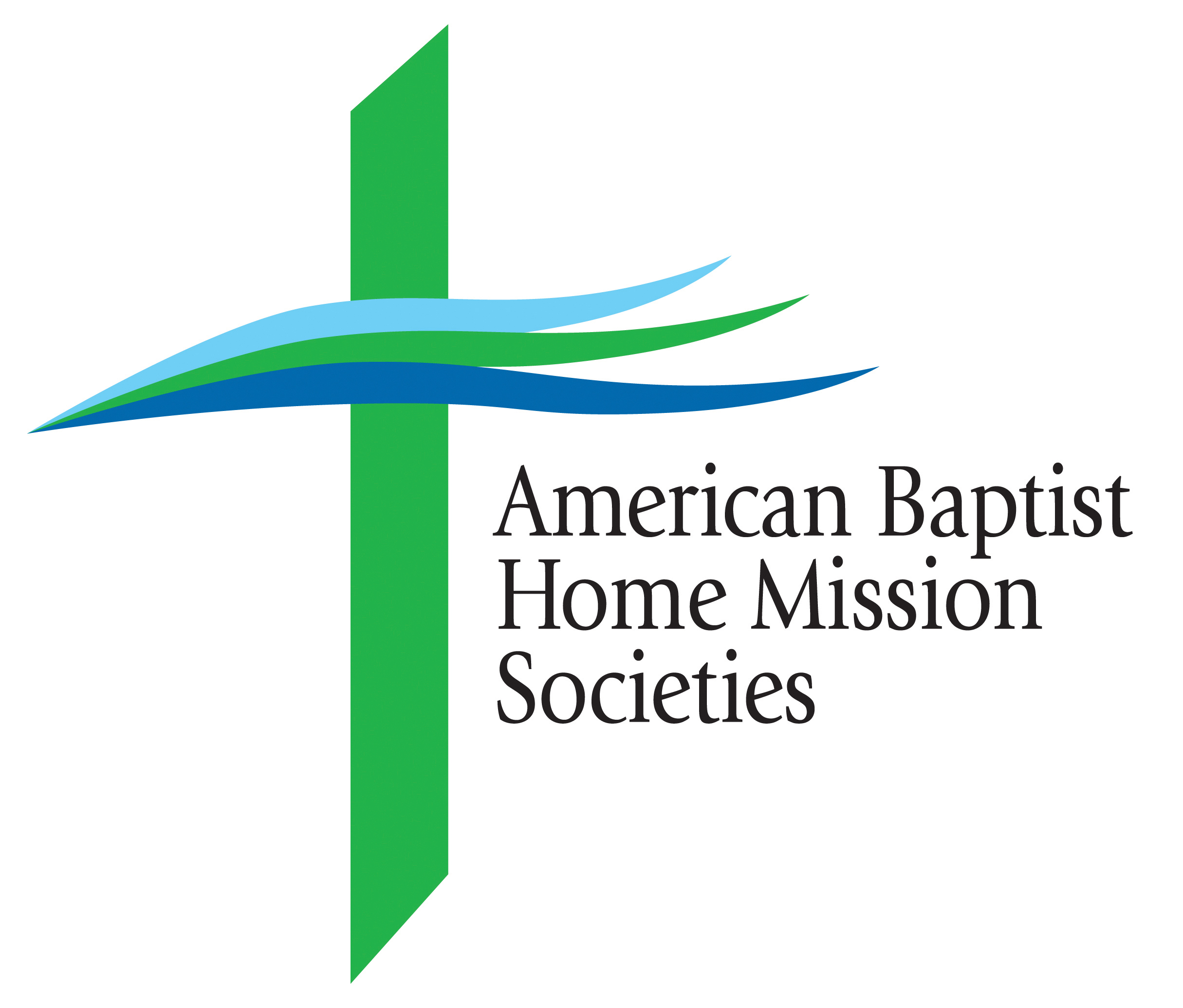
.png)


.png)
.png)
_Horiz1.png)
.jpg)
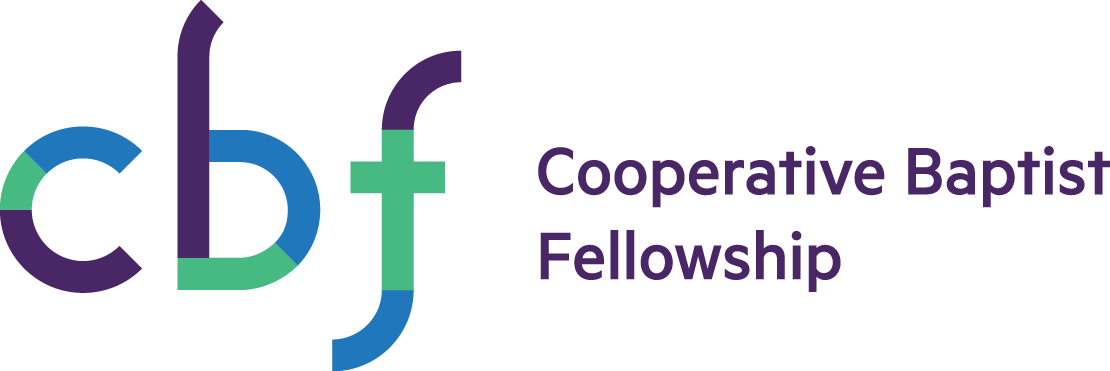

-Face-Logo-Larger-Words.png)
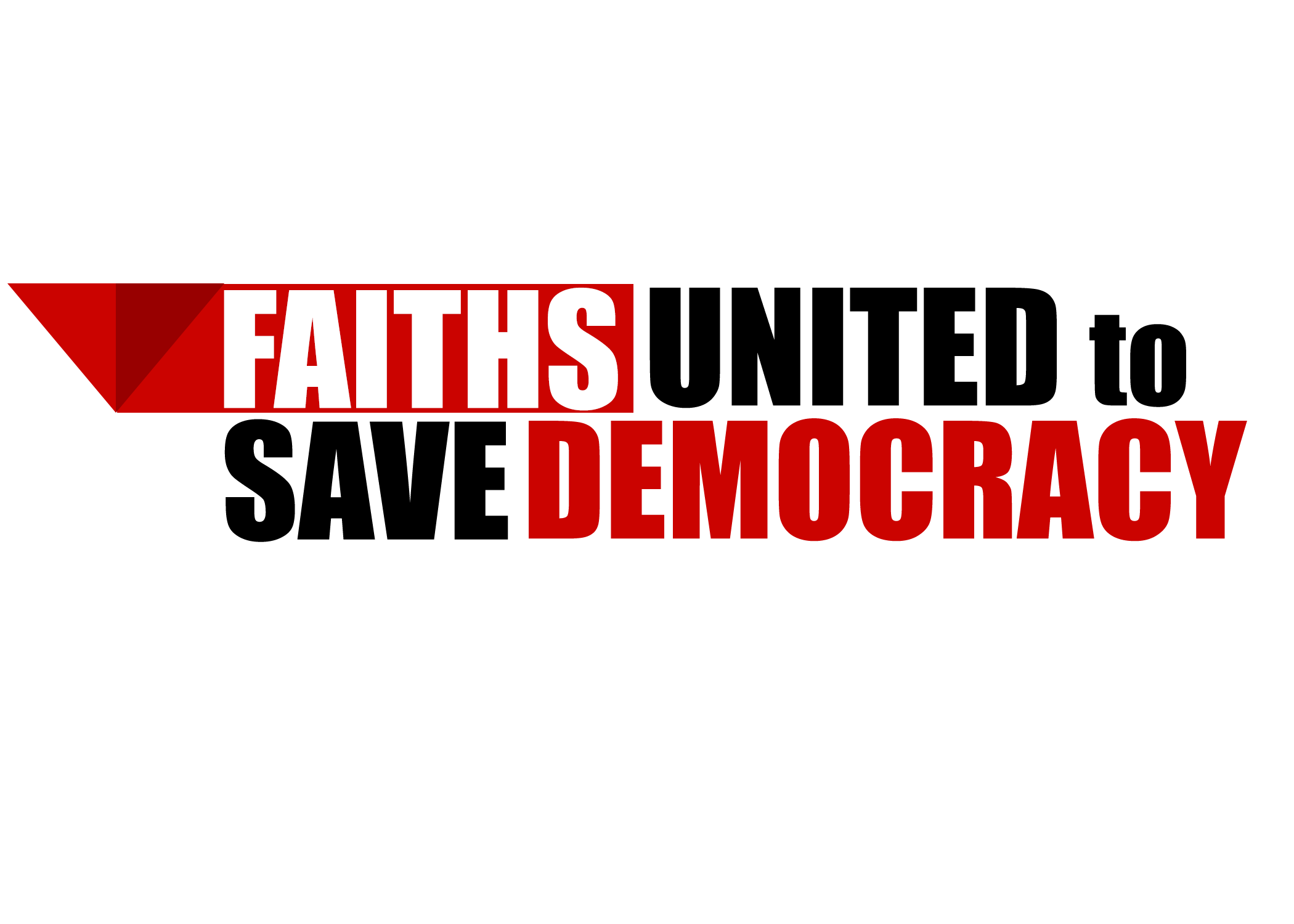
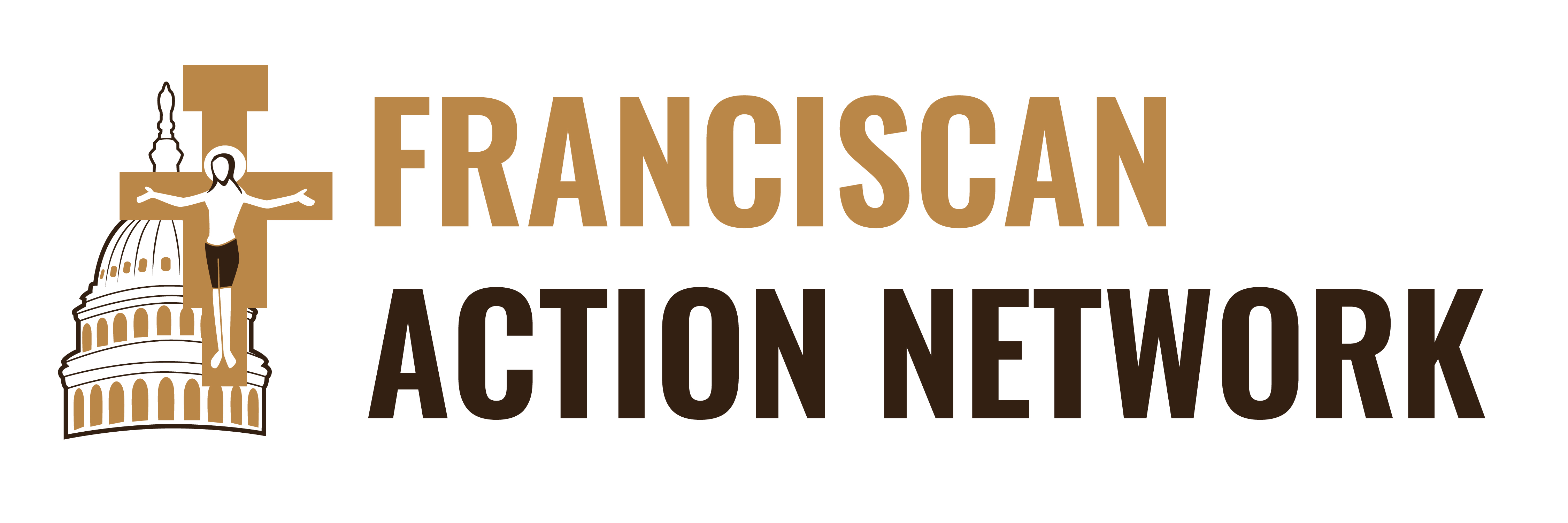


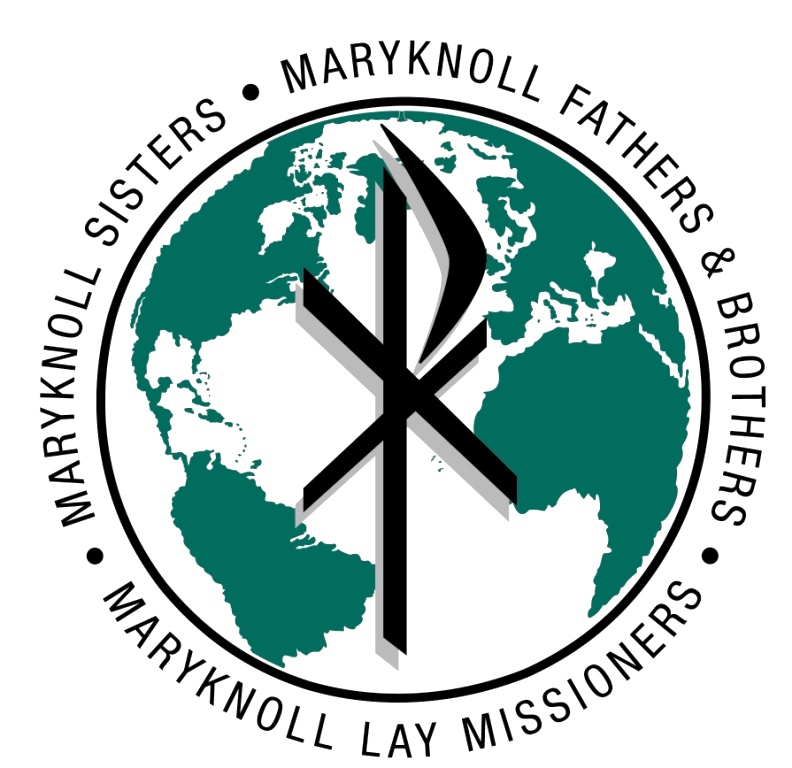

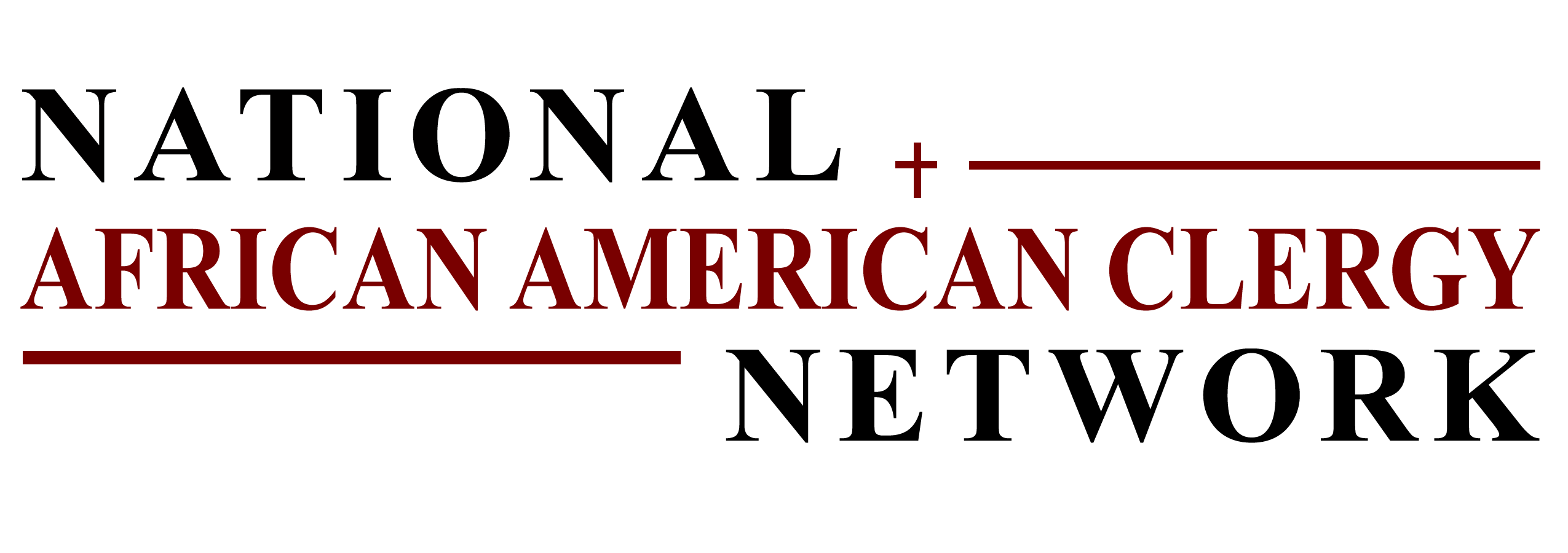
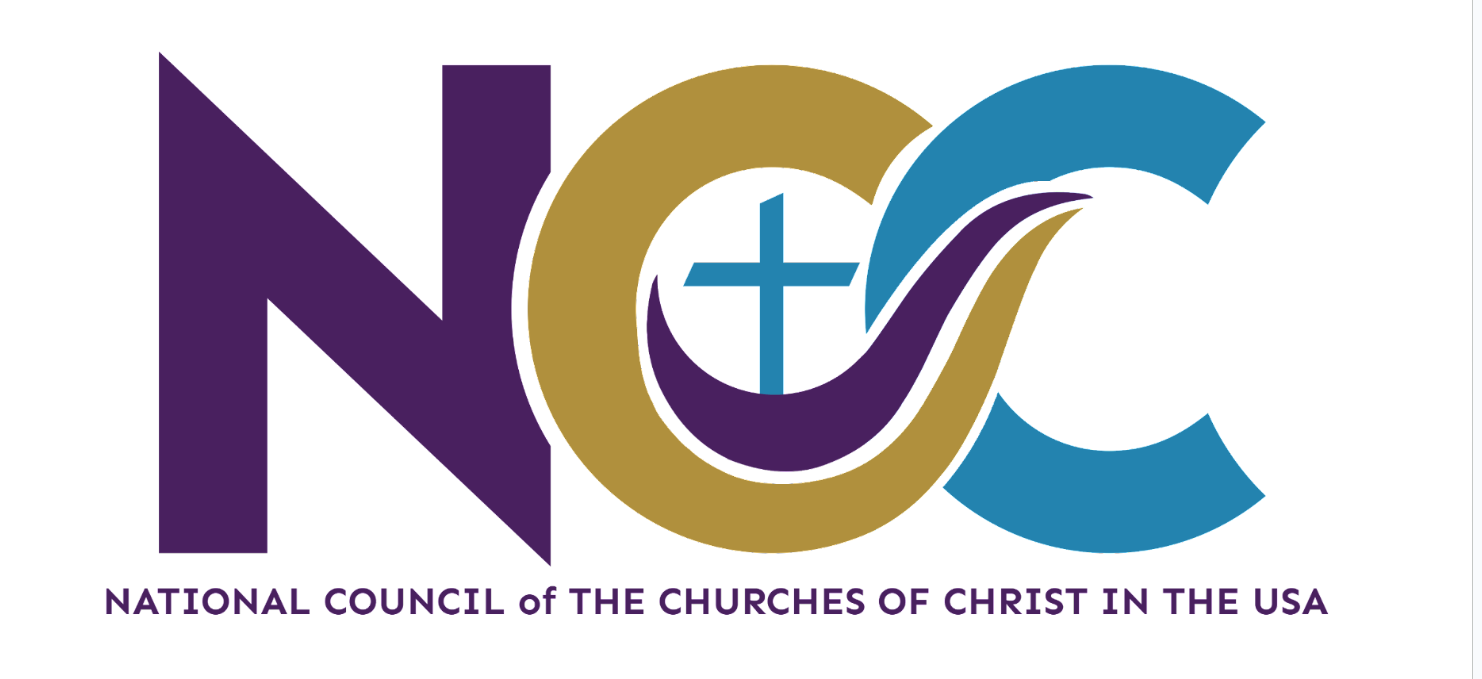
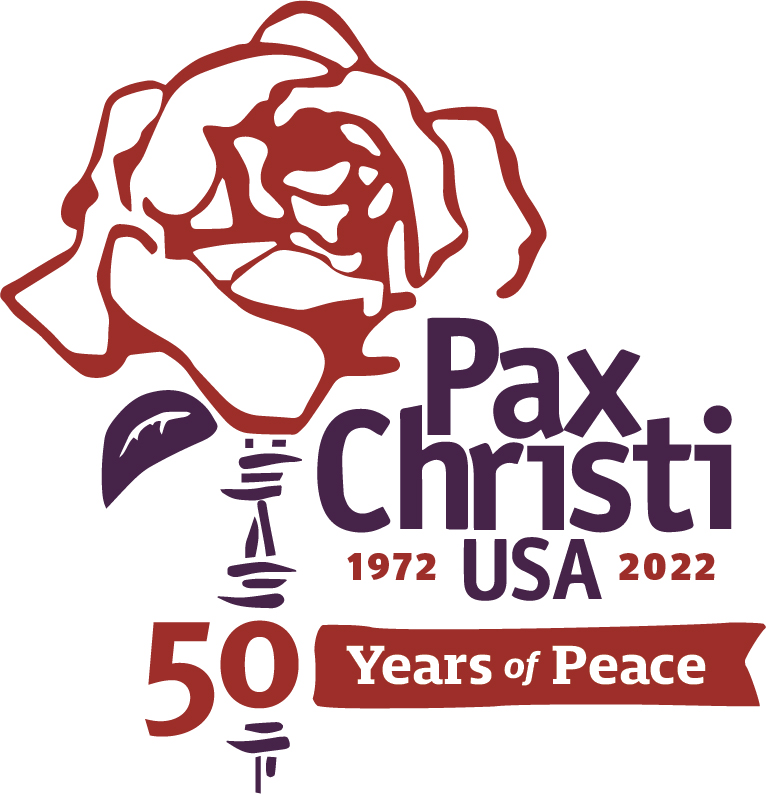
-seal.png)

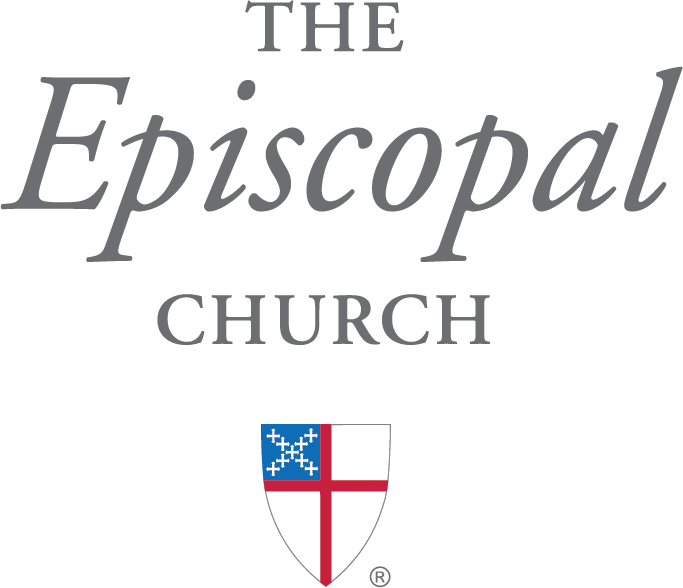
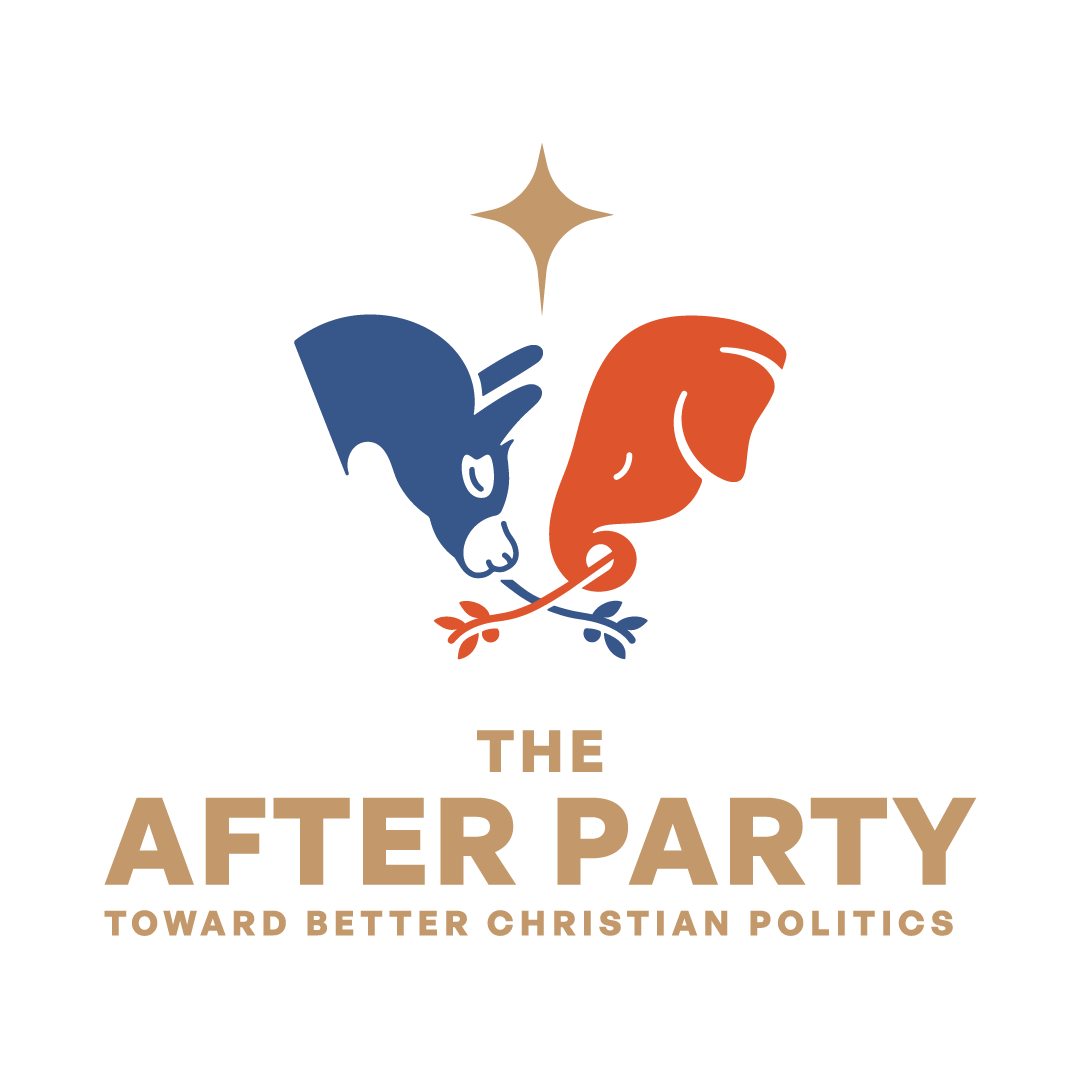
Resources
We have collected tools for Christians of diverse backgrounds to engage in civic discipleship, to foster understanding and action. Our goal is to enable constructive dialogues on the intersection of religion and politics in politically diverse communities, aiming to bridge societal divisions and showcase a movement within the U.S. Christian community dedicated to healing societal rifts through transformed political engagement.
Devotionals/Curricula:
- Following the God Who Transforms – 10 day free devotional from NAE: Following the God Who Transforms - National Association of Evangelicals | National Association of Evangelicals
- Transcending Toxic Polarization: Resource from the Matthew 5:9 Fellowship Transcending Toxic Polarization - Matthew 5:9 Fellowship.
- The After Party—Free Curriculum for small groups featuring David French, Curtis Chang, and Russell Moore: The After Party: Toward Better Christian Politics - Redeeming Babel
- Sojourners’ Divided Congregations Curriculum—free, in-depth curriculum to help congregations have difficult conversations across political divides: Politically Divided Congregations: A Curriculum for Reconciliation and Transformation
- Faith Over Division—Curriculum from One America movement for faith and lay leaders Faith Over Division | One America Movement
- Christian Civics Foundations—Provides Biblical Discipleship that Heals a Polarized Democracy, A 10-week course that helps Christians navigate politics without the culture wars.
- Prayer for Christian Civic Witness—from a recent prayer call hosted by the Center for Christian Civics: A Prayer for Christian Civic Witness — Center for Christian Civics
- Center for Public Justice—The Political Discipleship Guide was created for small groups and provides a practical approach to Christian citizenship and engagement with public justice.
Frameworks:
- Forming Consciences for Faithful Citizenship: USSCB document laying out principles for the political responsibility of Catholics: Faithful Citizenship - Justice Peace and Human Development | USCCB
- For the Health of the Nation: An Evangelical Call to Civic Responsibility—Public discipleship resource that also serves as a platform for the NAE’s government relations work: For the Health of the Nation - A Call to Civic Responsibility | National Association of Evangelicals (nae.org)
- Honest Patriotism—Resource from the Presbyterian Church (USA) on threats to vital freedoms and the importance of public accountability for truthfulness in the public square: Presbyterian Mission Agency Honest Patriotism | Presbyterian Mission Agency
Campaigns and Events:
- Faiths United to Save Democracy—nonpartisan, multi-racial, multi-faith and multi-generational voter protection campaign rooted in the belief that everyone is made in the image of God and deserves the freedom to vote: Clergy Network | TurnOutSunday
- Civic Revival—campaign focused on the election from the AND campaign featuring Christian civic disciplines: Civic Revival - AND Campaign
- American Baptist Home Mission Service Justice Dialogues—regular events on topics important to Christianity, public life, and justice—free recording of past events available: Justice Dialogues - American Baptist Home Mission Societies
Research and other Resources:
- “20 Minute Takes” podcast interview, Nikki Toyama-Szeto with Adam Taylor: “Hope for Christian Faith and Politics”
- Dialogue Lab: America—A Documentary film from the Ideos Institute showing twelve Americans from across the political spectrum in dialogue about the United States’ most divisive political issues. Free film and conversation guide: Dialogue Lab: America I Ideos Institute
- Church and Politics Summit 2021—A Summit Christians for Social Action helped organize with partners in Kenya ahead of elections there. Provides a good case study for how principles related to civic discipleship can be implemented and expressed outside of the U.S. context: Church & Politics – Setting the Agenda for Engagement
- Pillars of Support Project—Research project from Horizons on the four pillars of support for authoritarianism in the U.S. and on the role of those same pillars in upholding movements for justice and democracy: The Pillars of Support Project
- Center for Christianity and Public Life—Public Life Fellowships provide a nine month opportunity to join a community of support and learning to better equip them to navigate the public aspects of their vocations: Public Life Fellowship — The Center for Christianity & Public Life